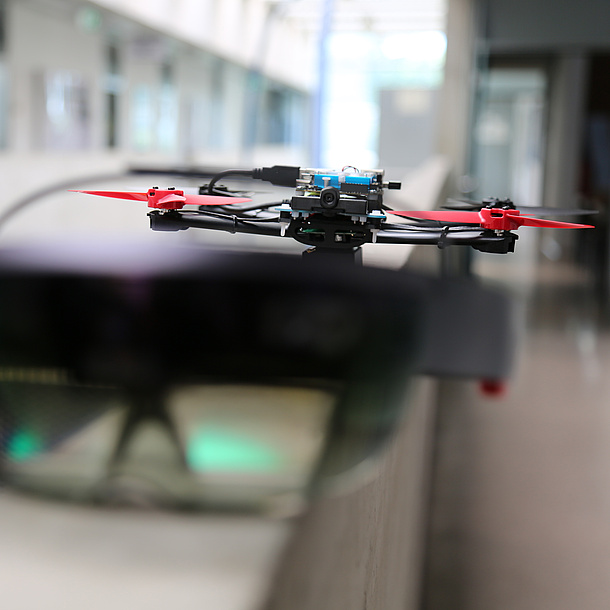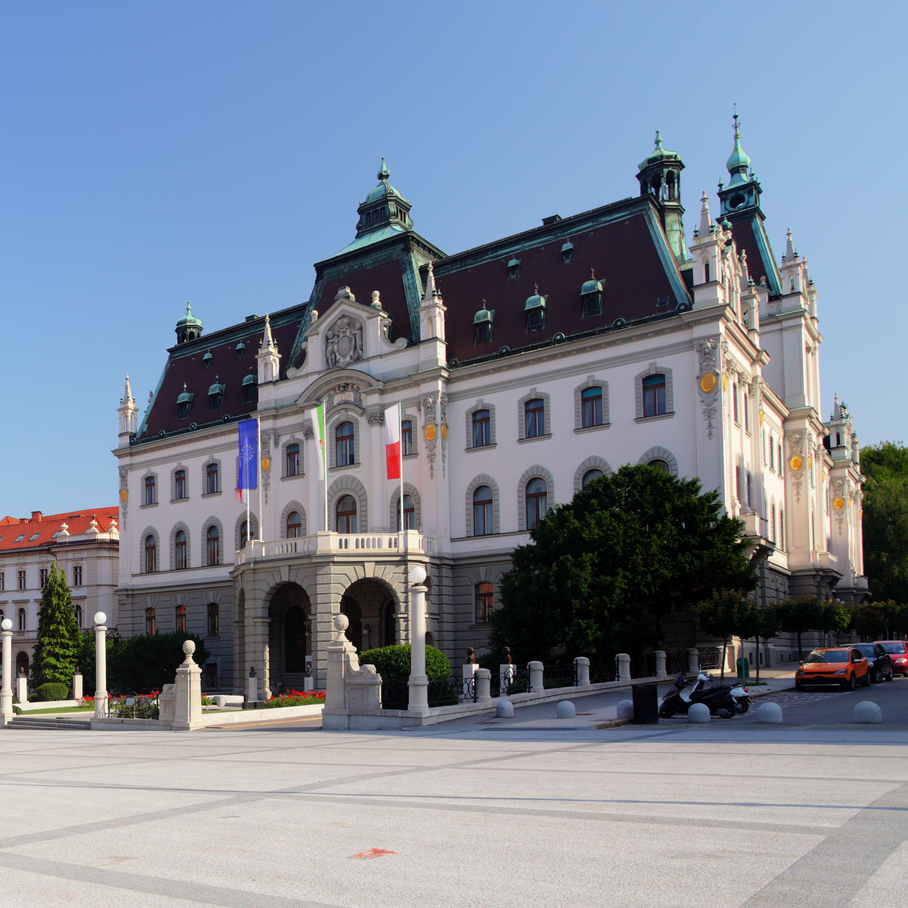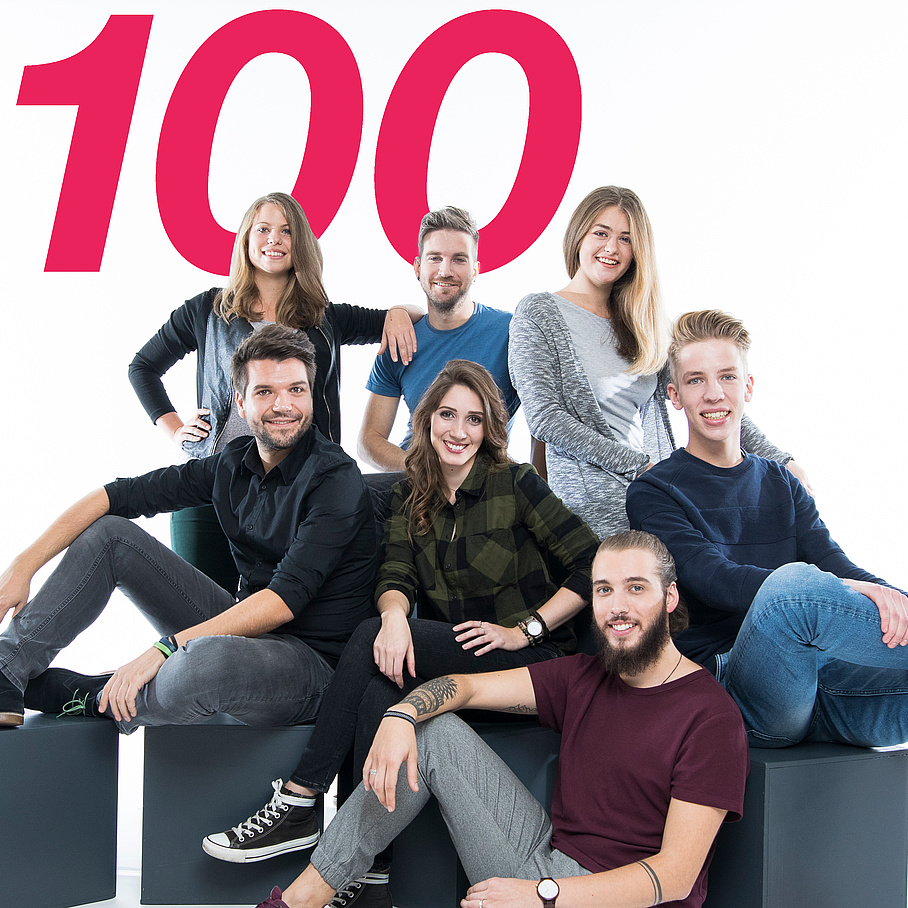Quick Facts
- Duration of study: 4 semesters
- ECTS credit points: 120
- Academic degree:
Diplom-Ingenieurin
orDiplom-Ingenieur
(Dipl.Ing. or DI), equivalent to the Master of Science (MSc) - Language of instruction: English
The Master's Programme
In the master's degree programme Computer Science, you expand and deepen your fundamental knowledge in the field, as well as knowledge about systematic and automated information processing technologies and applications. You learn to use both formal mathematical and engineering methods and to integrate findings from natural science and technology into computer science. In this way, specific application problems can drive further development in basic computer science.
You have the opportunity to participate in research and industrial projects during the course of your studies. You can tackle tasks such as the use of drones to deliver parcels, the development of games (games engineering), or the detection chip errors. You make contributions in the form of the conception, programming, or development of algorithms.
The master's degree programme Computer Science differs from other degree programmes in the IT sector in that it is a fundamental education programme that has strong methodological and algorithmic components.
Students have access to excellent research infrastructure, including
- Computer Vision labs,
- Virtual Reality labs: DAVE,
- Smart fitting rooms for the development of virtual worlds,
- Extensive computing infrastructure for machine learning and data science and
- A Human-Computer Interaction lab.
Play video
Choose from many different majors and minors.
Focus Areas
Students have a great deal of freedom when choosing court content. The master's degree programme Computer Science consists of a major subject (major), a minor subject (minor), a free-choice subject and a master’s thesis.
You can specialise still further in the following focal areas:
Algorithms and Theoretical Computer Science (as a major or minor): You learn the fundamentals of probability and information theory. In addition, you become familiar with the most important problems and algorithmic approaches used in combinatorial optimisation to solve these and acquire in-depth knowledge of discrete geometric structures.
Data Science (as a major or minor): You learn how to perform data mining and become familiar with the architecture of modern machine learning systems. For example, you perform statistical analyses on large amounts of data.
Games Engineering (as a major or minor): You acquire both fundamental and more detailed knowledge about game development, game design, real-time graphics and simulation and animation techniques. You can develop an initial game prototype.
Information Security (as a major or minor): You learn more about the challenge inherent in making the digital world more secure and, for example, how to create secure systems such as ATM cards or chips. You focus on practical aspects related to applying and using security mechanisms and understand the principles underlying these mechanisms.
Intelligent Systems (as a major or minor): You deepen your knowledge in the field of artificial intelligence and learn more about knowledge representation and inference methods. Furthermore, you familiarise yourself with natural language processing and intelligent user interfaces. You learn how to identify the correct approach to use to solve problems and to design and apply user interfaces.
Interactive and Visual Information Systems (as a major or minor): You explore the design, development and evaluation of user-based information systems. You also learn, for example, technologies that can be used for data representation, navigation and presentation. In addition, you familiarise yourself with web technologies and evaluation methods.
Machine Learning (as a major or minor): You learn fundamental mathematical skills and how to use machine and autonomous learning. You also take a closer look at methods used for deep learning and reinforcement learning.
Robotics (as a major or minor): You learn which methods can be used to develop intelligent robots and systems. In addition to acquiring basic theoretical knowledge about navigation, computer vision, machine learning, knowledge representation, decision-making, or speech comprehension, you also acquire the ability to design, apply and validate intelligent systems.
Software Technology (as a major or minor): You explore advanced techniques that are relevant to the development of complex and critical software. These include analysis, design, validation and verification techniques. Furthermore, you learn how to apply artificial intelligence techniques to software engineering. You also become familiar with programming languages and compiler construction.
Visual Computing (as a major or minor): You learn about computer graphics, image processing, geometric modelling, virtual and augmented reality and information visualisation. In addition to mastering the theoretical basics in these areas, you will learn how to apply these in practice. The areas of application range from medicine to industrial automation.
Supplementary Mathematical Foundations (minor): Numerical approximation methods are essential for the simulation of technical processes. You learn the fundamentals of numerical mathematics and focus on how to describe and understand the algorithms.
Supplementary Statistics (minor): You learn how to use methods to model and analyse dependent variables. You learn the fundamentals of multivariate statistics as well as methods used in dimensional reduction, classification and experimental design.
Supplementary Embedded and Mobile Systems (minor): You learn more about the architecture of embedded systems and their hardware and software, such as microcontrollers and basic software. Furthermore, you become familiar with the associated software development and design models.
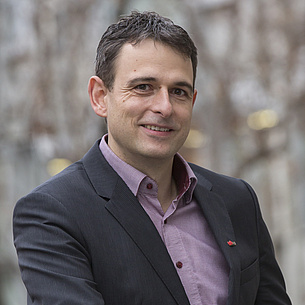
In the master's degree programme, we offer a wide range of opportunities to specialise in specific areas of cybersecurity. Here, all current topics are presented. Examples include privacy aspects of the Corona App, ongoing worldwide standardisation procedures in the field of cryptography, as well as discussions and practical exercises related to the latest cyber-attacks and protection measures.
Collaborations and Networks
Students benefit from accessing the teaching staff’s research network and can conduct thesis work at top universities, such as RWTH Aachen, ETH Zurich, or Stanford University. In addition, visiting international professors regularly provide insights into their research.
It is possible to conduct research and industrial projects with regional cooperation partners such as AVL, Magna or Infineon, providing insights into practical applications. Support is also provided for master's thesis work in cooperation with local industry partners and for stays abroad. Students even have the opportunity to follow up on their master’s thesis by performing specialised dissertation research.
Admission
The prerequisite for admission is a completed bachelor’s degree in a relevant subject (see curriculum).
Additionally, you need to provide evidence of competence in the English language.
1. Admission Procedure
Admission without admission procedure
The following categories of applicants are eligible for the master’s programme without an admissions procedure:
1. Graduates of the following bachelor’s programmes at TU Graz:
2. Graduates of the following Bachelor’s programmes at other universities:
Graduates of all other degree programmes offered at the TU Graz can apply for admission at the Registrar's Office without an admission procedure.
Admission with admission procedure
Graduates of a previous study programme not mentioned above undergo an admission procedure.
Registration for the academic year 2026/27: 15 October to 15 December 2025
You can complete the admission procedure before the end of your bachelor’s studies.
Please do not send any documents by post!
2. Admission
- Admission and deadlines for international students
- Admission and deadlines for Austrian students who are registering to study at TU Graz for the first time
If you have already been admitted to a degree programme at TU Graz, or have studied at TU Graz before, please come to the Registrar's Office in person to complete your admission during the admission period.
Fragen zur Zulassung?
Contact study@tugraz.at
Double Degree Programme
TU Graz and the University of Ljubljana have teamed up to offer a specialised Double Degree Programme in Computer Science. In this programme, you study at least one semester at the University of Ljubljana and receive a degree from both universities at the end of your studies.
Study at two Universities
At the University of Ljubljana you have to complete the following study achievements:
- Subject courses: 30 ECTS
- Work on your Master's thesis: 12 ECTS
The Master's thesis is written in consultation with both universities and is supervised by professors from Graz University of Technology and the University of Ljubljana. After submitting the thesis, you will be credited with 30 ECTS at TU Graz and 24 ECTS at the University of Ljubljana.
In total, you need 66 ECTS credits to be recognised at TU Graz.
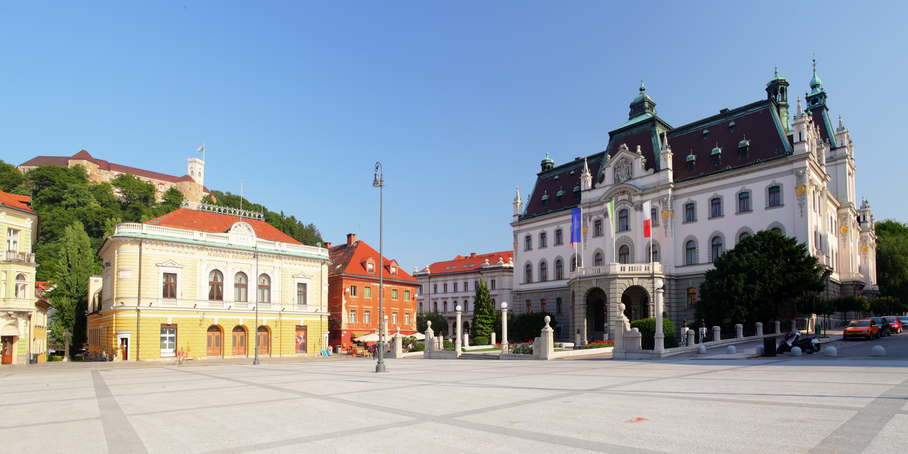
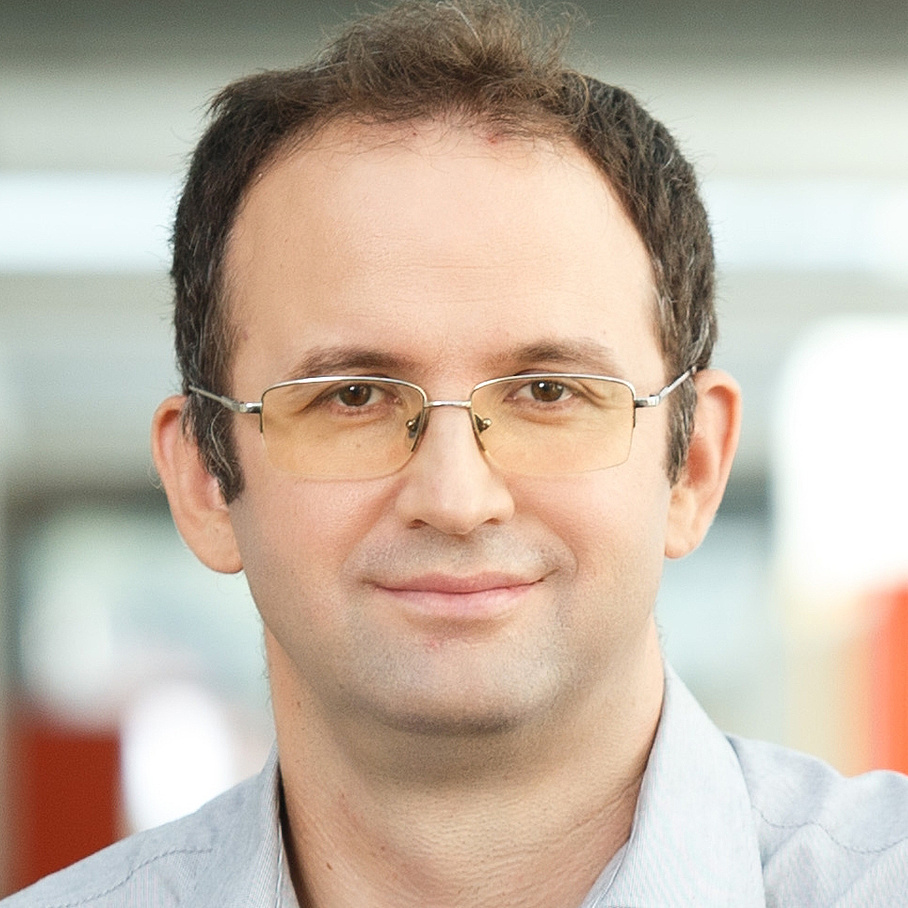
University of Ljubljana offers many courses from different areas of computer and information science that can well complement the study programme of TU Graz. The programme is also a great opportunity to get acquainted with the international research and business environment as well as to establish connections and collaboration with students and researchers during the stay in the pleasant city of Ljubljana.
The Master's degree at both universities also provides an excellent foundation for your future career path.
Consultation on the Double Degree Programme
On courses and content
Christian GÜTL
Assoc.Prof. Dipl.-Ing. Dr.techn.
Institute of Interactive Systems and Data Science
c.guetl@tugraz.at
On the mobility scholarship
Manuel AUSSERLECHNER
MA
International Office
manuel.ausserlechner@tugraz.at
Career Prospects

In the master’s degree programme in Computer Science, I was able to specialise in my personal favourite topic: IT Security. By taking a diversity of elective courses and completing the master’s thesis, I was able to deepen my knowledge in a specific area. After graduation, doors all over the world are open to you professionally. Since I’m planning to remain in science in the future, I decided to pursue a doctorate in this field.
Professional Fields
Graduates of the degree programme have both abstract and model-oriented thinking skills. They can successfully apply the knowledge and methodical approaches they have learned in industry, business and science:
- You design, operate and assess complex hardware and software systems in the information technology field, the automotive industry and in telecommunications.
- You conduct research at universities, other research institutions and industrial research and development departments.
- The systems you design are used, e.g. in smartphones and apps or in robotic systems.
- You work nationally and internationally, independently, or as an employee, e.g. in industry, young start-up companies, or in the service sector.
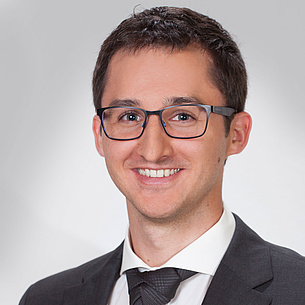
As a graduate in the field of computer science, a whole world of opportunities is open to you. You can apply for positions in almost any branch of industry. In the end, you can choose between multiple job offers. After graduation, I started working as a data scientist. At present, as CIO & CDO at the IBS Paper Performance Group, I'm responsible for the company's information technology and its digital transformation.
